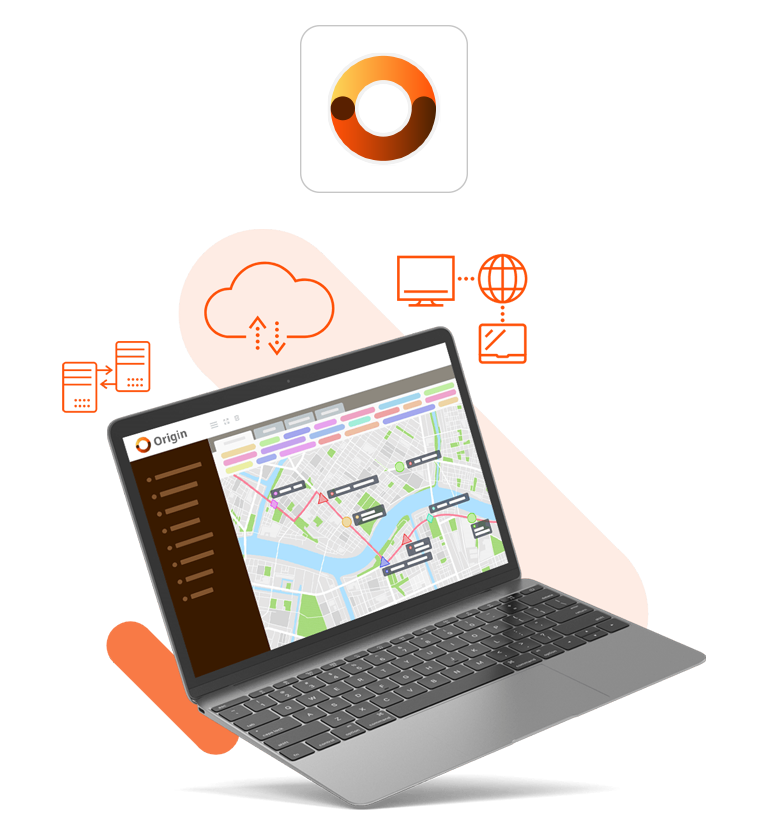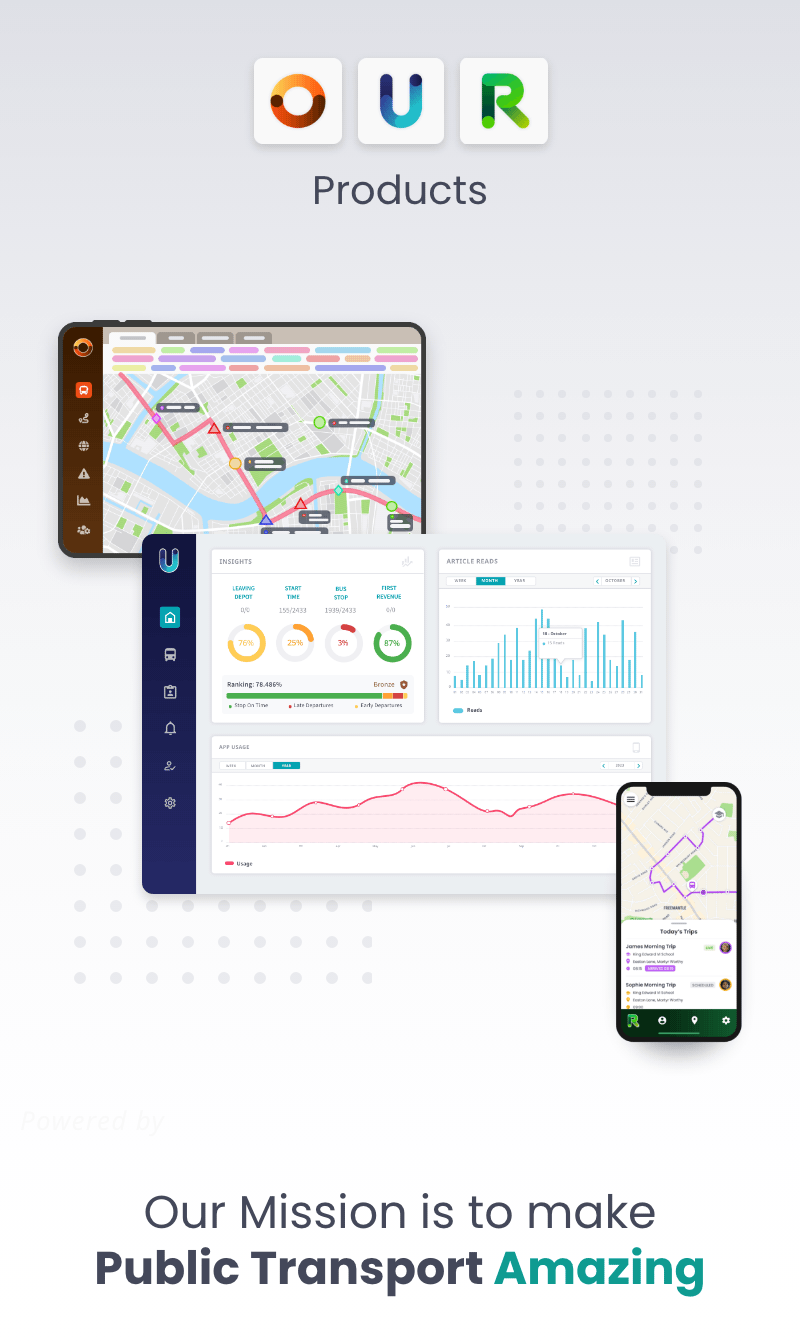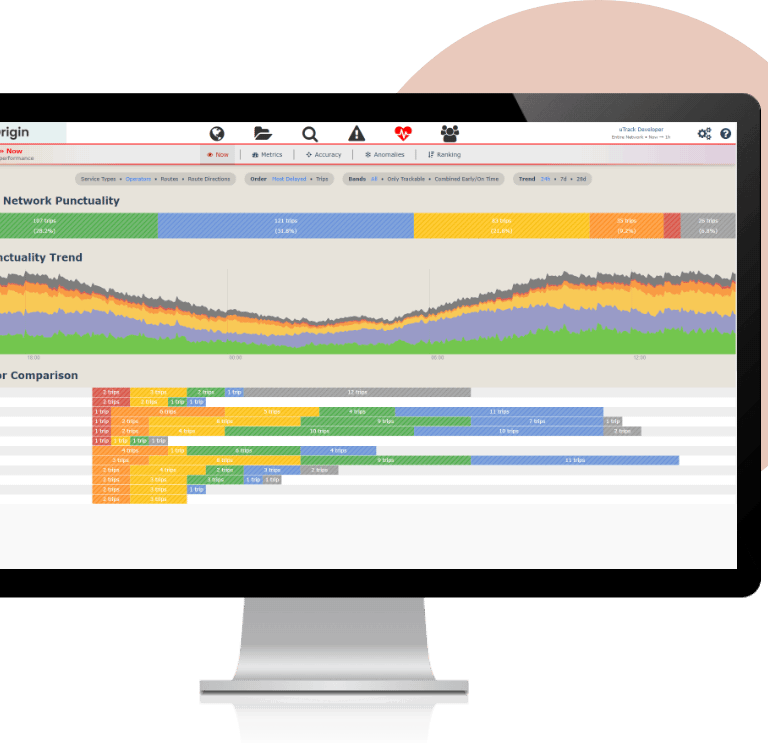Efficiency implications of bad incident reporting
No historical tracking and reporting
- Incidents often cause a domino effect, meaning that they cause other incidents to occur. Issues like delays, problems with vehicles, staff shortages/cover and roadwork/traffic incidents. These are rarely captured in real-time, meaning that the initial incident leads to subsequent incidents across an operator’s service.
- Historical reporting helps planners to review the network for redesign and improve efficiencies. However, if incidents are not reported or tracked, then referencing these previous incidents is not possible, meaning issues continue to go unresolved.
Issues with incident reporting being mainly a manual process
- Manual incident raising slows down the process of reporting, especially if there are lots of incidents to report at one time. This then causes delays to issue resolution after the fact and leaves the business vulnerable to the problem happening again in the short term.
- There is often no set process or structure to manually inputting data, meaning there is no consistency in logging. Resulting in reports inaccurately showing less correlation between issues despite the fact there may actually be a reoccurring issue. This is simply down to the way it has been inputted by different employees/depots and does not help when decision-makers are reading those reports, trying to see where changes need to be made.
- A manual system is also heavily reliant on employee’s accuracy of relaying incident information. If they are not accurate then errors in reporting will easily occur.

No incident prediction
- Most reporting is currently is not real-time but rather historical, so it isn’t structured to foresee incidents that will affect other services, because the real-time analysis is not yet in place.
- Incidents often cause a domino effect, meaning that they cause other incidents to occur. Things like delays, problems with vehicles, staff shortages/cover & roadwork/traffic incidents are currently not foreseen or highlighted, meaning that service and passenger journeys are affected.
- A lack of incident prediction causes massive disruption to services and passengers. No proactive action taken to adjust buses in real-time means that customers continue to receive bad service, all because the reporting system is archaic and not built to deal with modern societal infrastructure.
Financial implications of bad incident reporting

Bad passenger perception
- A lack of incident reporting leads to regular passengers seeing consistent issues with service and therefore deem it not trustworthy enough to use.
- Frequent incidents also lead to one time passengers more than likely receiving a bad experience and becoming unwilling to use the service ever again. This means there is a loss of consistent patronage and potential regular revenue.
Inefficient service means loss of revenue
- An inability to view incidents from a resource and demand point of view means that if there is a spike in demand, then potential additional customers are not accounted for and therefore their custom is lost when they inevitably seek other forms of transportation. An example of this would be University students, whose patronage is heavily based on their term times.
Loss of potential tenders and important communication with current clients
- There’s no proof of the ability to deal with incidents because there is either no log or an inaccurate log of incidents and their resolutions.
- Without an accurate record of incidents, operators end up paying unnecessary fees and penalties to tender clients because they have no justification for things such as missing trips, lost mileage, and delays on headways. Reporting could show the real reason for these issues and help operators avoid these fees, whilst also highlighting larger problems to the client that should be addressed.
- A lack of incident reporting means useful and needed conversations between operators and their clients never take place. As a result, both operator and client lose out on revenue over time, and hostility between the two parties increases.
To avoid these problems by utilising accurate & real-time incident tracking, then check out our Origin solution.

Origin
Making operational excellence the standard across the transport industry.








